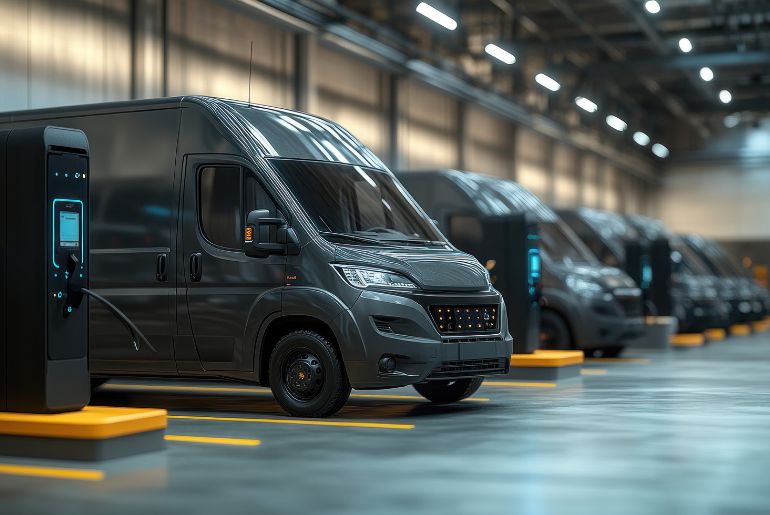In a major move to curb air pollution and accelerate clean mobility, Noida and Ghaziabad authorities have announced that only CNG and electric vehicles will be allowed to operate in commercial fleets starting January 2026. The decision, aimed at reducing emissions in two of Delhi-NCR’s most congested zones, aligns with Uttar Pradesh’s broader vision to transition towards sustainable urban transport.
According to officials, all commercial fleet operators—including taxis, auto-rickshaws, delivery vehicles, school vans, and ride-hailing platforms—must shift to 100% CNG or electric powertrains before the enforcement deadline. The directive is expected to significantly reduce vehicular pollution levels, which remain a key contributor to deteriorating air quality in the region.
The move is part of a coordinated strategy to phase out older, polluting vehicles and introduce cleaner transport alternatives across NCR districts. Authorities have also indicated that strict compliance checks will be put in place starting early 2026, with penalties likely for operators failing to upgrade their fleets.
Industry experts believe the mandate will accelerate EV adoption, especially for last-mile delivery and shared mobility services. EV manufacturers and charging infrastructure providers are expected to benefit from the shift, as demand for clean mobility solutions rises over the next year.
Government agencies are also exploring incentives, charging network expansion, and coordination with transport unions to ensure a seamless transition for fleet owners. With rapid urbanisation and rising commercial mobility needs, the move is expected to set a precedent for other Indian cities evaluating similar green mobility policies.
As India moves toward its 2030 clean mobility targets, Noida and Ghaziabad’s 2026 deadline marks a significant step in driving sustainable, low-emission transportation across urban hubs.

